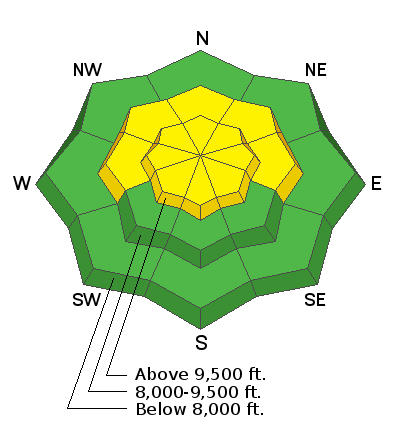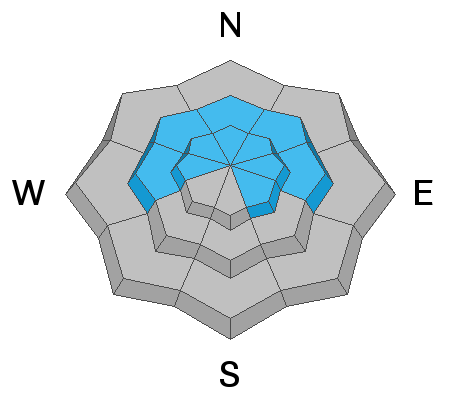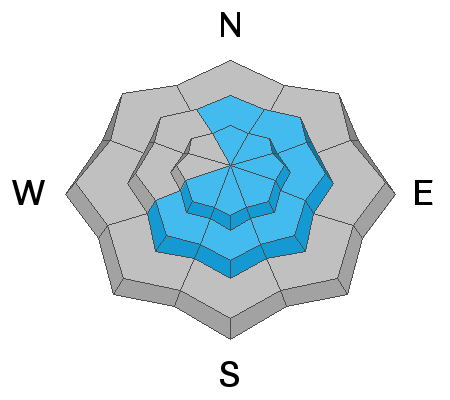Forecast for the Provo Area Mountains

Issued by Trent Meisenheimer on
Sunday morning, January 17, 2021
Sunday morning, January 17, 2021
The avalanche danger is MODERATE on all steep upper-elevation aspects. On steep mid-elevation slopes facing west, through north, through east, there is also a MODERATE avalanche danger.
Any avalanche triggered could be 1-3' deep and over 100' wide. You may also find reactive soft and hard slabs of wind-drifted snow at the upper elevations as well as some mid-elevation slopes. Human-triggered avalanches are possible.
Any avalanche triggered could be 1-3' deep and over 100' wide. You may also find reactive soft and hard slabs of wind-drifted snow at the upper elevations as well as some mid-elevation slopes. Human-triggered avalanches are possible.

Low
Moderate
Considerable
High
Extreme
Learn how to read the forecast here








